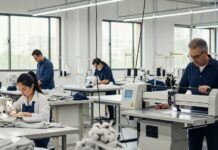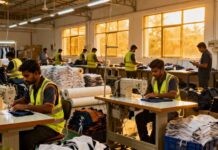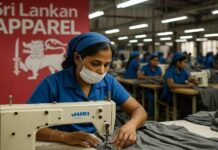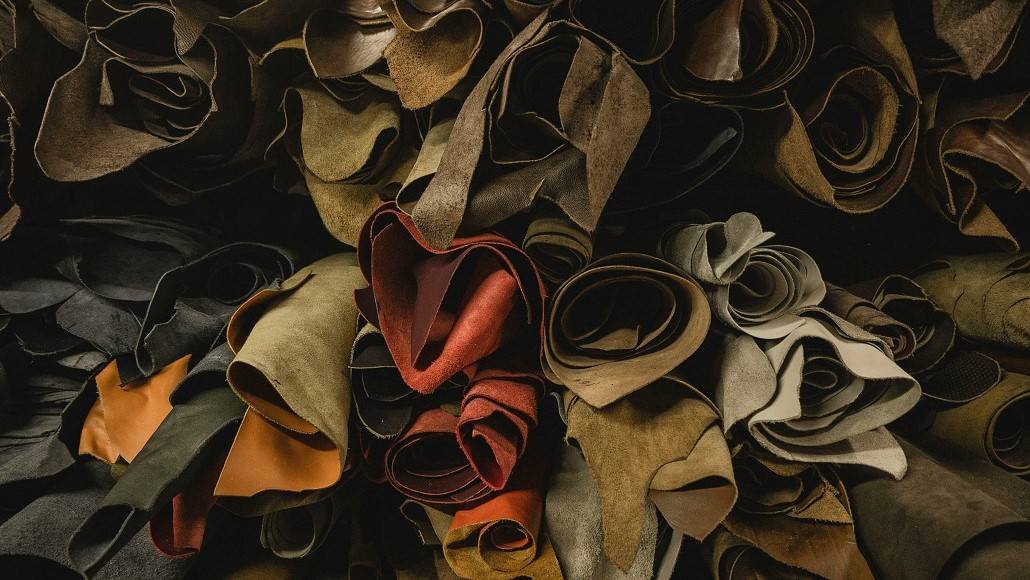The European Union has granted €3.5 million (approximately $4.05 million) in funding for the Fabulose project as part of the Horizon Europe programme focused on Circular Biogases Joint Undertaking. This initiative, led by the German Institutes for Textile and Fibre Research (DITF) in Denkendorf, commenced on June 1, 2025, and aims to create scalable, bio-based methods for producing animal-free leather alternatives to replace traditional animal-derived and plastic materials.
Supporting DITF in obtaining this funding, Steinbeis Europa Zentrum played a crucial role, contributing to the project’s flawless evaluation score of 15 out of 15. As a partner in the project, Steinbeis Europa Zentrum will oversee management, communication, dissemination, and the overall execution of the initiative.
Fabulose unites 11 European partners and builds on the successful €6.5 million (about $7.53 million) BioFibreLoop project previously coordinated with Steinbeis Europa Zentrum’s support.
Three significant partners from Baden-Württemberg are engaged in the project. DITF leads the initiative, while Melina Bucher, a vegan handbag manufacturer from Mannheim, will analyze market needs and test the new materials. Novis BioBased Technology GmbH from Tübingen is tasked with optimizing and scaling the raw materials for coatings, enhancing the practicality of bacterial cellulose. Steinbeis Europa Zentrum, which facilitated the connection of SMEs to the consortium, will continue to promote collaboration throughout the various workstreams.
The primary objective of the project is to transform sustainable leather production by developing materials that are fully bio-based, recyclable, and biodegradable, while being completely free of plastics and harmful chemicals. These advancements will provide innovative bio based leather alternatives that can cater to a variety of industries.
These leather substitutes will be created from bacterial cellulose and cyanophycin, harnessed from industrial CO2 off-gas and food industry waste streams. The resulting materials will be robust, tear-resistant, and capable of mass production using roll-to-roll methods, ensuring they remain cost-competitive and efficient.
Fabulose is poised to significantly benefit the fashion, footwear, upholstery, and furniture sectors by reducing dependence on fossil fuels and minimizing carbon footprints. The project’s market-ready bio-leather will enhance environmental sustainability, bolster Europe’s leadership in bio-based manufacturing, and generate new job opportunities in material development, research and innovation (R&I), and business expansion, thereby reinforcing the EU’s commitment to a circular and climate-neutral economy.
“Fabulose is not just about replacing leather; it’s about rethinking how we produce and consume materials. Our goal is to deliver a circular, sustainable, and scalable solution that aligns with the European Green Deal and sets a new benchmark for sustainable innovation,” said Iris Houthoff, project coordinator and researcher at DITF. The development of innovative bio based leather alternatives through the Fabulose project highlights a significant step towards sustainable material practices in the textile industry.

































